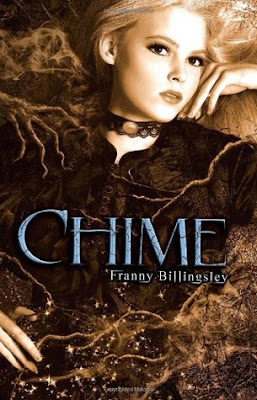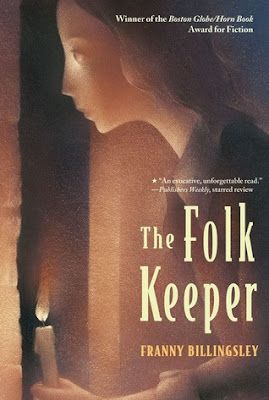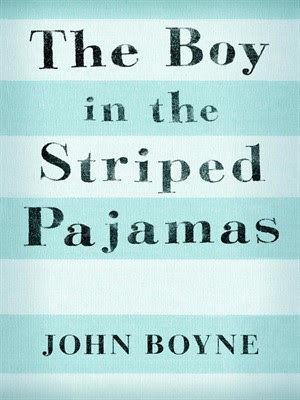I wasn't sure what to expect when I first picked up
The Boy in the Striped Pajamas, a fable by John Boyne. I hadn't seen the movie, and went over a few reviews on Goodreads just to get an idea of whether or not it was worth the time. There were good reviews and there were really bad reviews. I decided to read it anyway, and am I glad that I did!
The Boy in the Striped Pajamas is a story about The Fence. The Fence that divides rationality from insanity, kindness from cruelty, common sense from madness, people from animals, wisdom from ignorance, and so on. To me, this book is not really about the World War II, or the Holocaust. The story simply happens to be set during that time, with Auschwitz as the backdrop. In reality though, the moral of the story is as relevant and prevalent in our time as it was back in 1940.
Bruno is a 9 year old curious, but kind and good natured boy. When his father is transferred to Poland to be in charge of Auschwitz, he is upset about leaving his life in Berlin behind him. However, in time he meets and befriends a boy wearing striped pajamas on the other side of a fence that's just beyond the huge garden that surrounds his new home. Unaware of what it means to be on the other side of the fence, or what it means to be a Jew, both boys spend almost a year talking and sharing the stories of their lives with each other, from the opposite sides, until somewhat unexpectedly, yet not quite so, we reach the ending of the story.
There are a lot of interesting references throughout the book which can have double meanings. For example, 9 year-old Bruno seems to have trouble saying the words "The Fuhrer" or "Auschwitz", and instead, refers to them as "The Fury" and "Out-With" respectively, throughout the book. The author does an excellent job of inserting these subtle references every now and then. There is one scene in particular where Bruno is having a conversation about the people from the other side of the fence with his older sister, whereupon he asks, if the people on the other side are Jews, "What are we then?"; to which his sister says that they are "the opposites".
I won't spoil the ending, but I'll just say this, that while it is a sad little story about the acts of cruelty that humans are capable of committing, it is also a story about the goodness in us. While there will always be those who would do anything to oppress and create separation, there will also be those who would try to break the barriers and fight alongside the oppressed. Or at least that is how I interpreted the ending of the book.
Just one suggestion to any future readers of this book: do not expect a gory, realistic portrayal of the concentration camps.
The Boy in the Striped Pajamas is not about that. It is a book about human nature, and humanity itself. If you can keep an open mind while reading it, then I'm sure, you'll see what a little gem of a book this is. Also, I will leave you with this question: who really is The Boy in the striped pajamas?
I hope you enjoy this book just as much as I did.
5 out of 5.
Title:
The Boy in the Striped Pajamas (
Buy on Amazon)
Author:
John Boyne
Publisher: David Ficking Books, 2006
Genre: Fiction
Source: University of Denver Library





















 Fair warning: this is going to be a personal post! Usually I wait for a Monthly Recountal post to share life updates, but well, a blog post is kind of overdue so I figured I might as well.
Fair warning: this is going to be a personal post! Usually I wait for a Monthly Recountal post to share life updates, but well, a blog post is kind of overdue so I figured I might as well.








